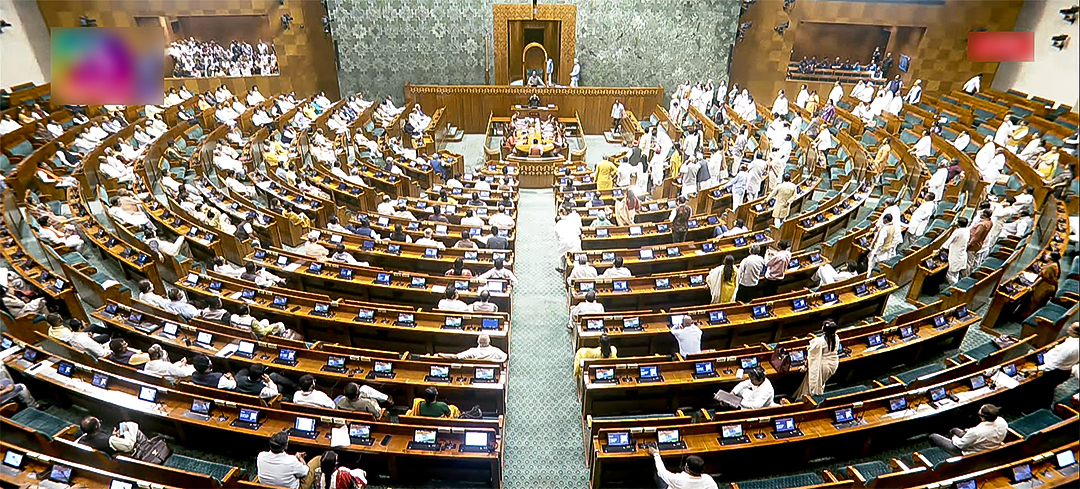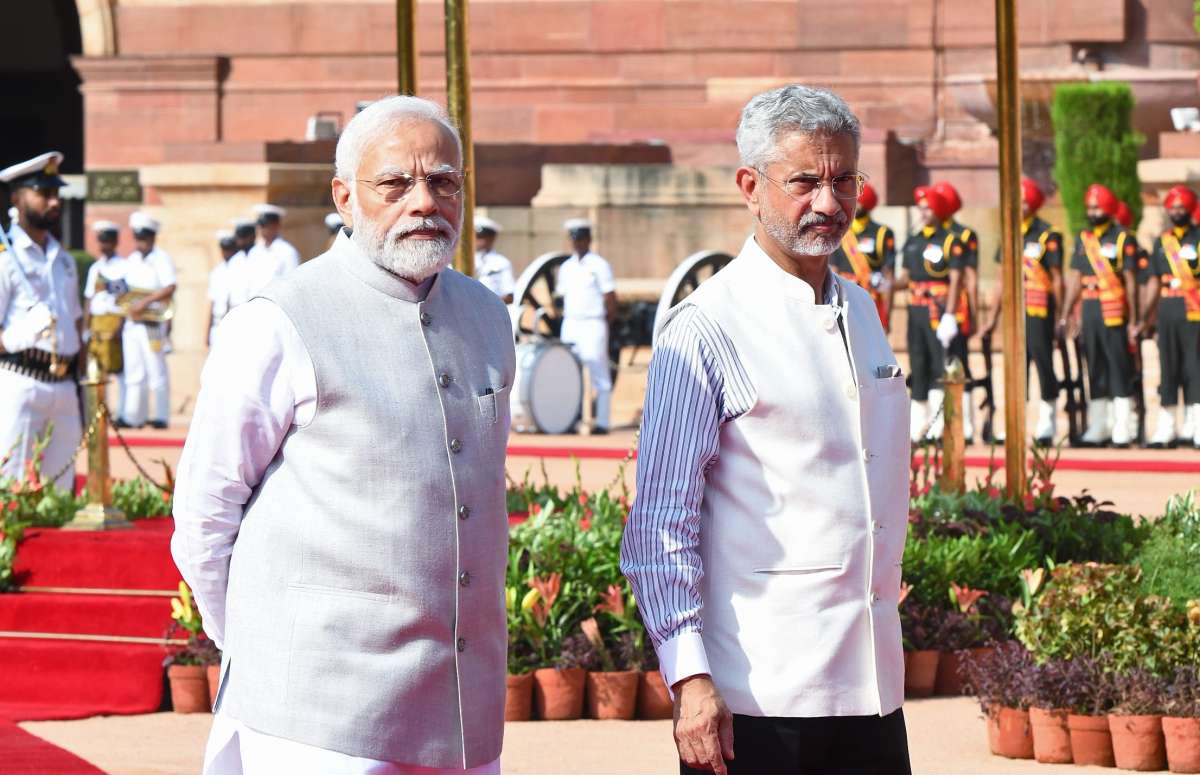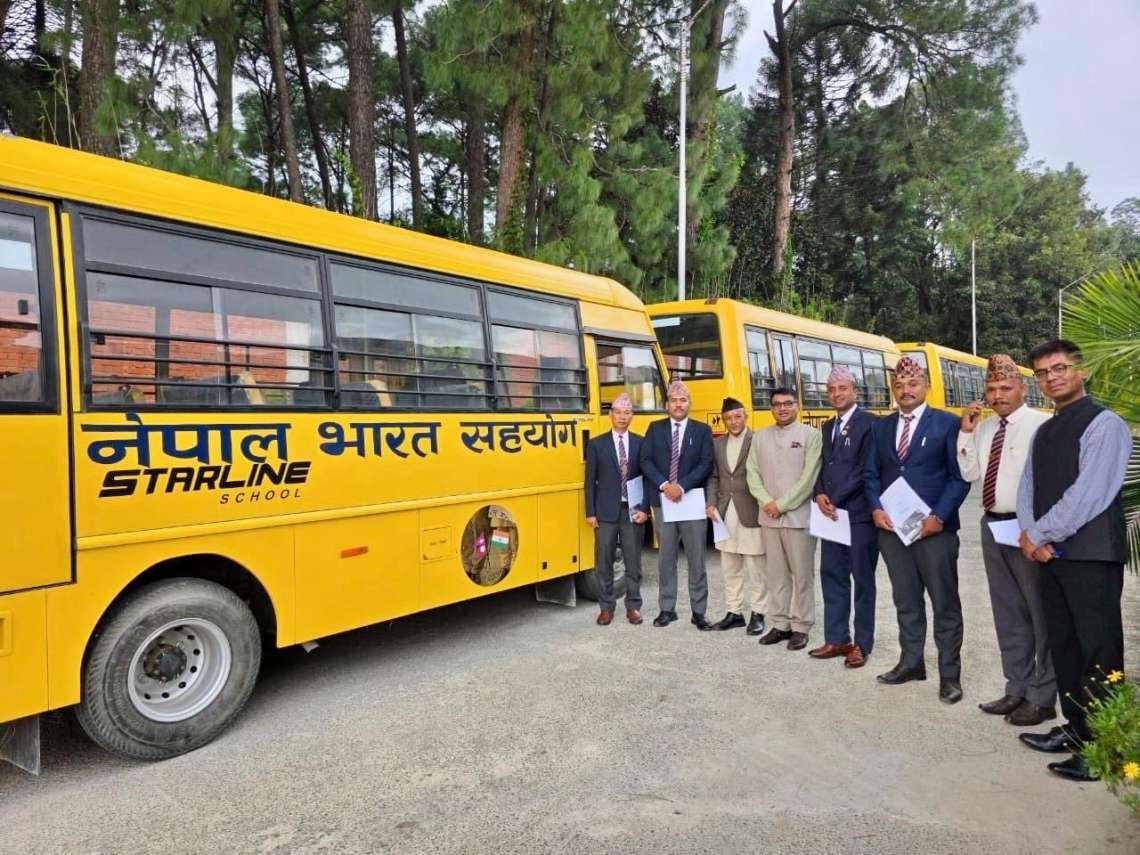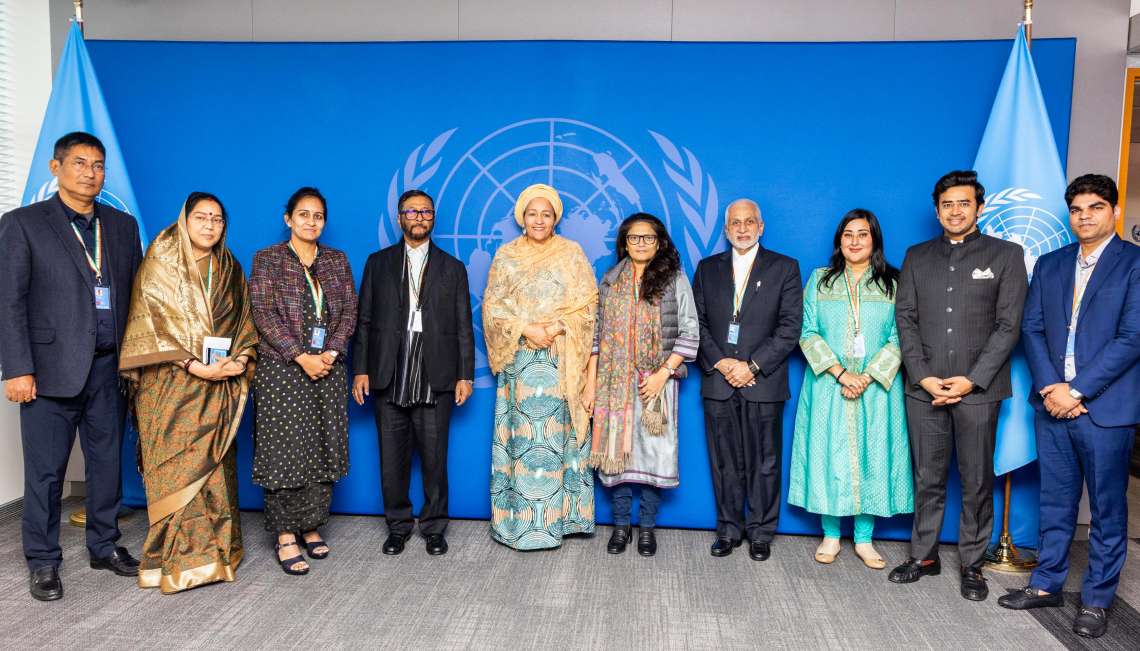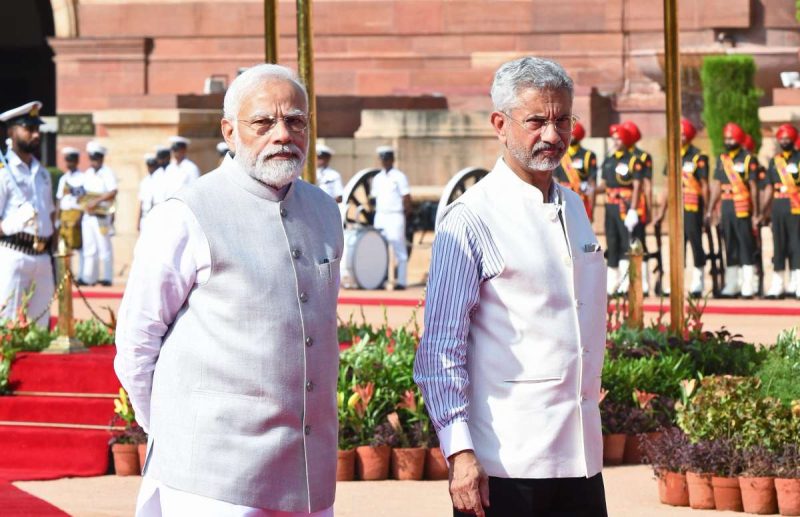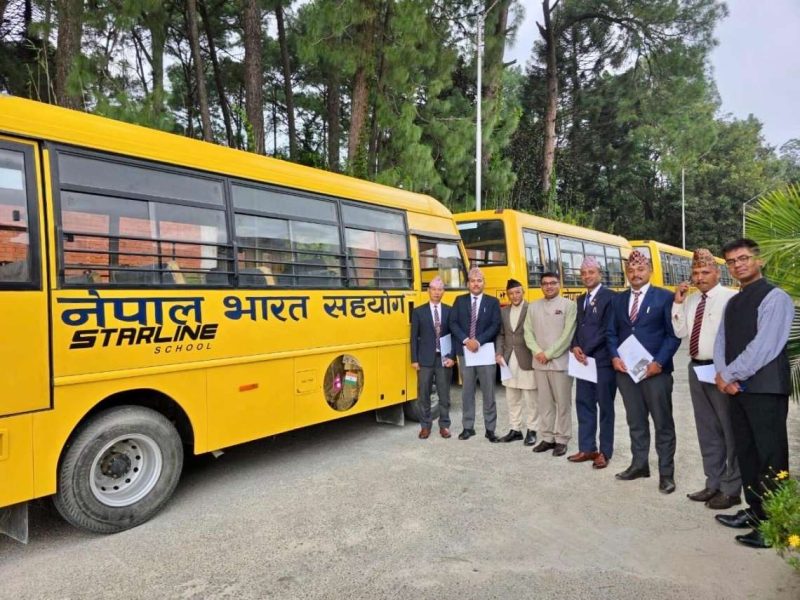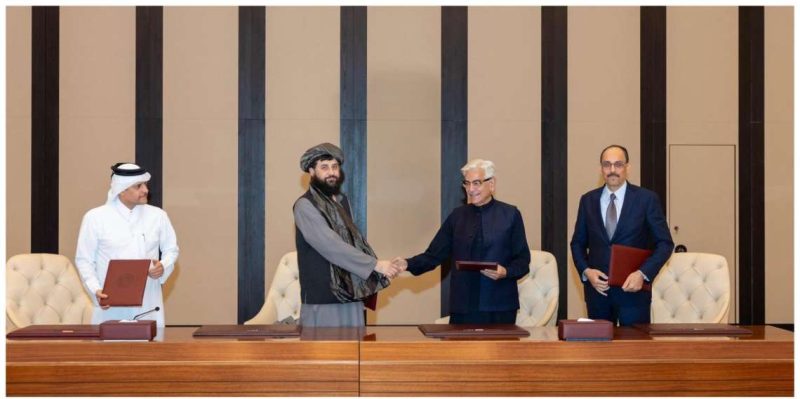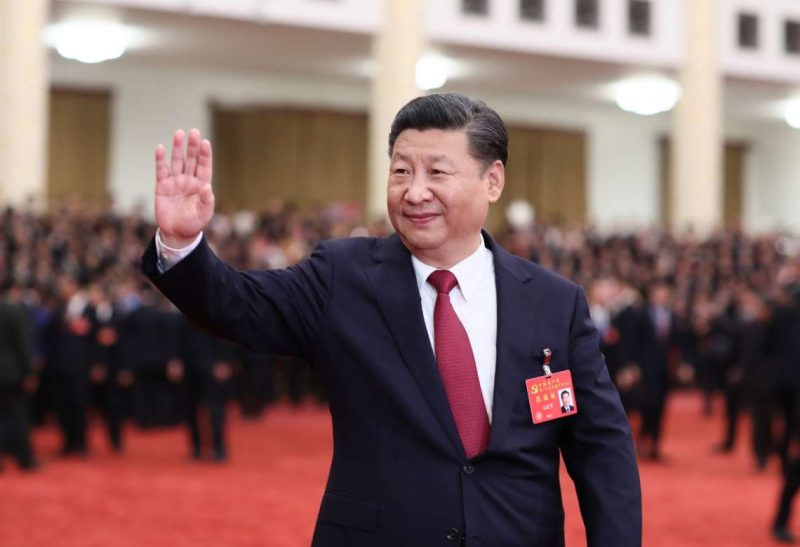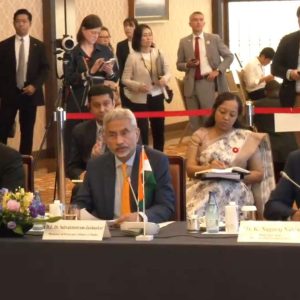New rules allow cancellation of OCI cards if holders are convicted or charge-sheeted for serious offences; CPI(M) MP warns move could violate due process and erode diaspora confidence…reports Asian Lite News
The government has tightened the conditions for retaining Overseas Citizen of India (OCI) status, allowing authorities to cancel the registration of cardholders who are convicted or charge-sheeted for serious criminal offences — a move that has drawn criticism from political and legal quarters.
A gazette notification issued by the Ministry of Home Affairs (MHA) this week under clause (da) of Section 7D of the Citizenship Act, 1955, stated that an OCI card “shall be liable to get cancelled when a person has been sentenced to imprisonment for a term of not less than two years or has been charge-sheeted for an offence entailing punishment of imprisonment for seven years or more.”
According to senior officials in the ministry, the new provision will apply irrespective of whether the conviction or charge occurs in India or abroad, provided the offence is recognised under Indian law. “This move strengthens the legal framework around OCI status, which grants specific rights and privileges to foreign citizens of Indian origin,” a home ministry official said.
The Overseas Citizen of India scheme grants a form of permanent residency to foreign nationals of Indian origin. While OCI cardholders are not Indian citizens — they cannot vote, contest elections, hold constitutional posts, or purchase agricultural land — they are entitled to visa-free travel, indefinite stay, and parity with Non-Resident Indians in several fields such as education, employment, and property ownership (excluding agricultural land).
The scheme, first introduced in 2005 and later merged with the Person of Indian Origin (PIO) category, was designed to reinforce India’s links with its global diaspora. As of 2025, there are more than 4.5 million registered OCI cardholders worldwide, with large populations in the United States, United Kingdom, Canada, Australia, and the Gulf region.
However, the new notification has sparked unease among sections of the diaspora and opposition leaders, who argue that the government’s move could have far-reaching implications for due process, constitutional rights, and India’s soft power among overseas Indians.
Communist Party of India-Marxist (CPI-M) MP John Brittas has written to Union Home Minister Amit Shah expressing “serious legal, constitutional, and procedural concerns” over the amendment. In his letter, Brittas said the inclusion of mere charge-sheeting — without a judicial finding of guilt — as a ground for cancellation was deeply problematic.
“A charge sheet, being only a police document, carries no evidentiary or judicial finality,” he wrote. “The Universal Declaration of Human Rights, 1948, enshrines the principle that everyone charged with a penal offence has the right to be presumed innocent until proven guilty according to law in a public trial, with all necessary guarantees for their defence.”
Brittas argued that the new rule undermines fundamental legal safeguards such as natural justice, due process, and proportionality. He warned that the absence of a judicial finding prior to cancellation could expose OCI cardholders to “arbitrary or prejudicial action,” violating constitutional guarantees of fairness and equality before law.
The CPI(M) MP also questioned whether the notification effectively amounted to a backdoor amendment of the Citizenship Act, saying it introduced new grounds for cancellation that had not been sanctioned by Parliament. “The parent statute does not confer authority to introduce new grounds such as ‘being charge-sheeted’,” he noted, calling for all actions affecting OCI cardholders to be based strictly on judicial determination.
Brittas further emphasised the contribution of the global Indian community to the country’s economy and social fabric, noting that OCIs and Non-Resident Indians (NRIs) together remitted an estimated USD 135.46 billion to India in the financial year 2024–25 — the highest among remittance-receiving nations and accounting for over three percent of India’s GDP.
“OCI cardholders maintain deep and abiding ties with India — familial, cultural, spiritual, and economic,” he wrote. “This provision has caused deep anxiety among the global Indian diaspora, who have consistently served as our most dedicated partners in India’s growth story.”
The MP also reminded the government that OCI holders often visit India to care for elderly relatives, participate in religious and cultural observances, or contribute to philanthropic and entrepreneurial initiatives. “Beyond remittances, their investments, philanthropy, and technological collaborations continue to strengthen India’s economic and social fabric in immeasurable ways,” he added.
Legal experts have also raised questions about the proportionality of the rule, pointing out that charge-sheeting can occur at a preliminary stage of investigation and is not tantamount to guilt. They warn that the rule could be misused to target individuals embroiled in politically motivated cases or commercial disputes abroad.
The home ministry, however, has defended the decision, arguing that it is necessary to maintain the integrity of the OCI programme and to prevent misuse of the privileges it confers. Officials have stressed that the move aligns with broader efforts to tighten oversight of foreign nationals residing in India under special status categories.
While the government maintains that the step merely enforces accountability and protects national interests, critics insist that it risks alienating a community that has been a vital bridge between India and the rest of the world.
The coming months are expected to see more legal scrutiny of the notification, with constitutional experts calling for parliamentary debate or judicial review to ensure that the balance between national security and diaspora rights is maintained.


